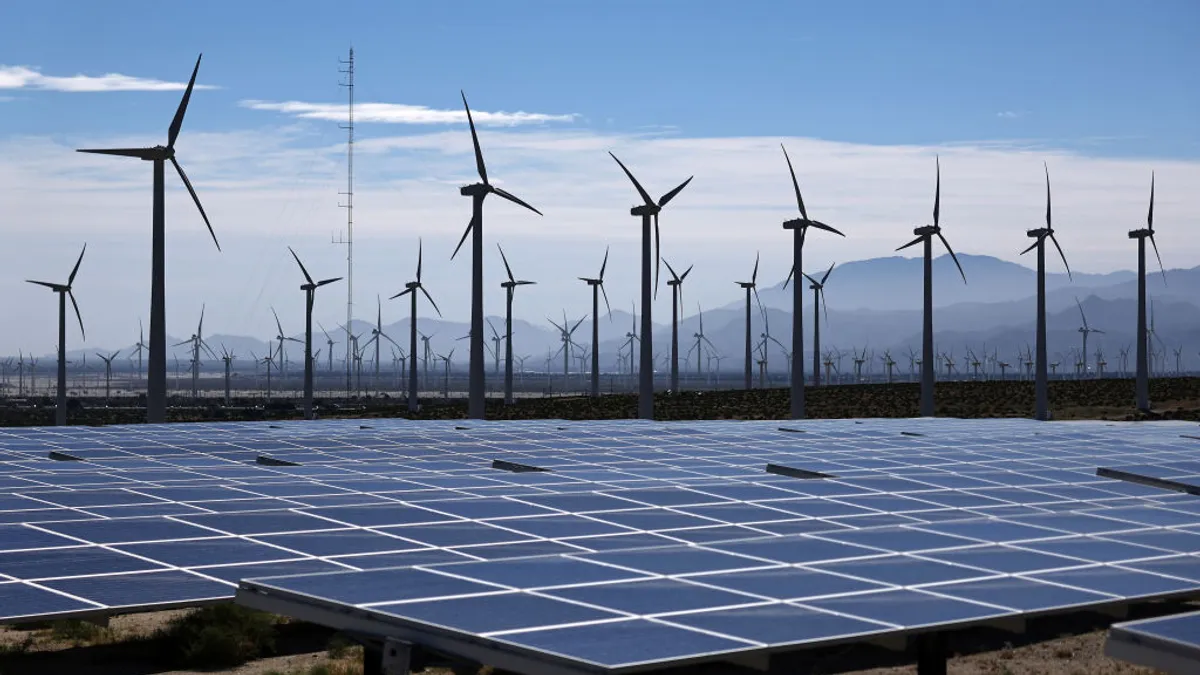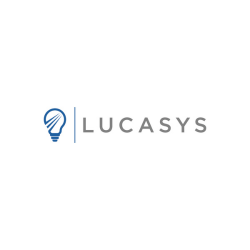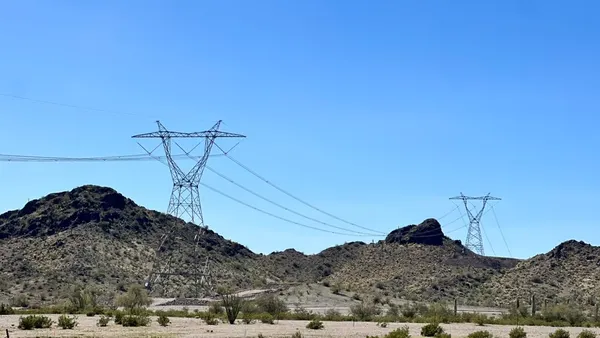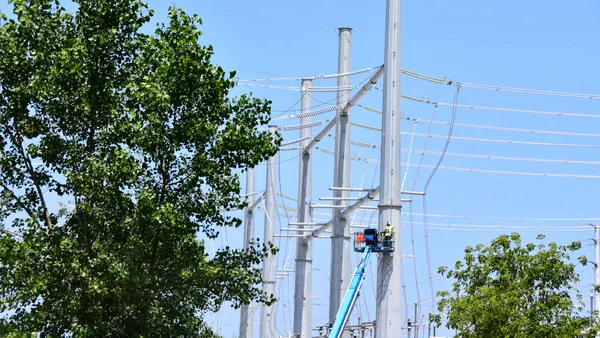Dive Brief:
- A draft report released Wednesday by California's Commission on Catastrophic Wildfire Cost and Recovery recommends changing the state's strict inverse condemnation rules for utilities, or for the legislature to establish a "large and broadly sourced" Wildfire Victims Fund.
- New development in wildfire-prone areas "that will put more lives and property at risk" should also face additional impact fees in order to fund mitigation efforts, the report concluded.
- The report was called for by SB 901, enacted last year to address the growing danger wildfires present to California residents and utilities. The state's liability rules mean utilities can face billions in charges even if they have not been negligent in operating their electric grid.
Dive Insight:
The draft report contains some controversial ideas, which legislative leaders and California's governor largely steered clear of in an initial response to the findings.
"We are committed to continuing the exploration of the impact of strict liability on the costs to ratepayers, on wildfire victims and on the solvency of our utilities. If the trend of massive, catastrophic wildfires persists, we may need to pursue additional changes," Gov. Gavin Newsom, D, said in a joint statement with the leaders of California's Senate and Assembly.
The state's inverse condemnation rules mean utilities can be found liable for all wildfire damages, regardless of whether they operated in accordance with state rules and regulations. This has led to financial upheaval and credit downgrades for California's largest investor-owned utilities. Pacific Gas & Electric was forced to declare bankruptcy this year as it faces billions in liabilities related to the state's deadly fires.
The credit downgrades are proof that SB 901 "does not do enough to manage the systemic risk from wildfire to the state's major utilities," according to the draft report.
Mixed reactions to report recommendations
Initial reactions to the report were mixed.
The Coalition for Fire Protection and Accountability said it agreed with recommendations that the state "adopt a fault-based standard for wildfire liability," which it called "essential to hold the responsible parties accountable for wildfires ... The current strict liability standard is unsustainable."
The group represents public drinking water suppliers, and its main focus is on preserving access to clean water.
A group called Stronger California, which represents a coalition of home insurance companies, appeared to disagree with some recommendations in the report.
"The draft recommendations offered today reflect the work of a minority of commission members, including those addressing utility liability," the group said. "We hope the full commission will stand on the side of fire victims by upholding their constitutional protections to recover damages when utility equipment starts fires."
Changes to inverse condemnation were considered last year but were ultimately rejected by lawmakers.
"Rather than relitigating liability standards, which the Legislature upheld last year, the commission's efforts are better spent establishing a well-structured wildfire fund and on increasing fire prevention and response," Stronger California said.
Action for Wildfire Resiliency, a coalition including business and labor organizations, called for the legislature to "begin immediately translating report recommendations into policy that will better protect our communities from the increased frequency and severity of wildfires."
"There will undoubtedly be different points of view and a spirited debate about components in this report, but we hope there is widespread recognition that our state needs a new approach to this new wildfire normal," Pat Fong Kushida, head of the California Asian Pacific Chamber of Commerce, said in a statement. "These are not easy issues, but legislative inaction could end up costing California families and businesses far more.”
The commission's final recommendations are due to Gov. Newsom and the legislature by July 1.














